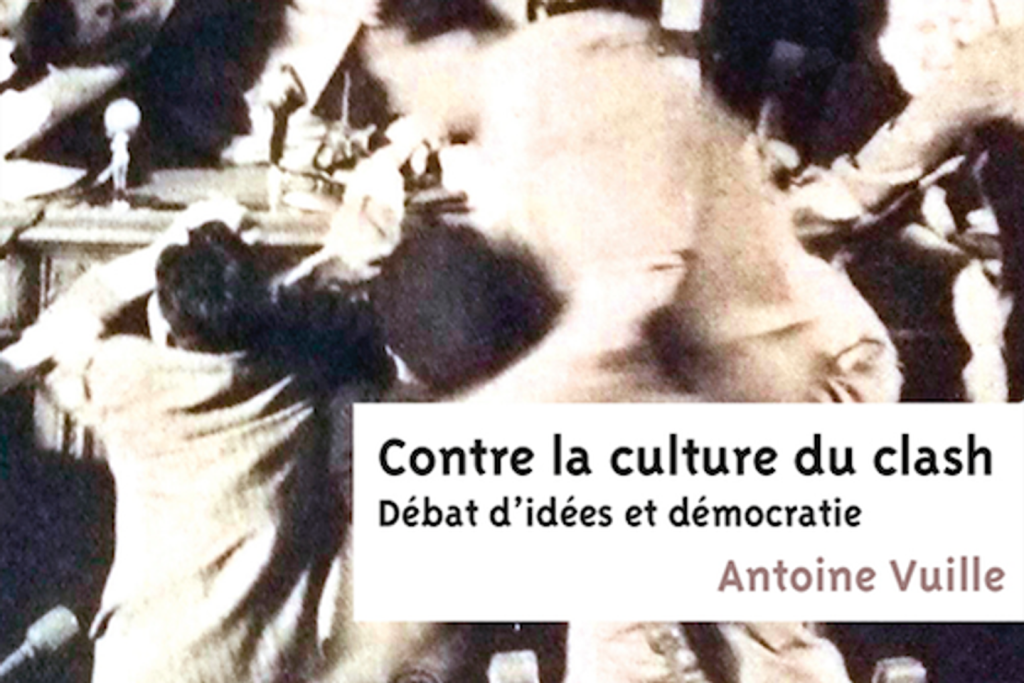The book “Against the Culture of Clash: Debate of Ideas and Democracy” by philosopher Antoine Vuille addresses the lack of genuine debate in today’s society, where polarization and the absence of dialogue have become the norm. Vuille coins the term “culture of clash” to describe this social climate, where disagreements are not resolved through reasoned arguments but rather through power dynamics, caricatures, and personal attacks. He emphasizes the importance of putting argumentation back at the center of discussions and provides practical advice on how to improve the quality of debates.
Vuille delves into the basics of argumentation, exploring the definition of an argument, how to distinguish between good and bad arguments, and the specific characteristics of arguments used in politics. He points out two attitudes that hinder productive dialogue: relativism, where all opinions are considered equally valid, and dogmatism, where one believes they are always right and others are wrong. In both cases, the possibility for meaningful debate is lost as no justification is deemed necessary. Vuille also cautions against cognitive biases, particularly confirmation bias, which leads individuals to give more weight to information that aligns with their existing beliefs.
Another major hindrance to fruitful discussion highlighted by Vuille is bad faith, a form of self-deception. On the contrary, openness of mind, intellectual honesty, and the willingness to self-reflect are key attitudes that foster constructive debates. The philosopher stresses the importance of avoiding these dialectical vices and cultivating virtues conducive to open and respectful exchanges of ideas. By promoting critical thinking and active listening, Vuille hopes to challenge individuals to engage in more meaningful conversations that transcend ideological divides.
In a society marked by political polarization and social fragmentation, Vuille’s call to reevaluate our approach to debate and dialogue is more relevant than ever. The book acts as a guide for individuals seeking to navigate contentious discussions in a more constructive and thoughtful manner. By developing the skills to engage in rational argumentation and fostering a mindset of intellectual humility and curiosity, readers can contribute to creating a more inclusive and respectful public discourse.
Overall, “Against the Culture of Clash: Debate of Ideas and Democracy” offers a timely reflection on the state of contemporary debates and provides valuable insights on how to overcome the obstacles to meaningful dialogue. Through practical tips and philosophical reflections, Vuille encourages readers to embrace the challenge of engaging with diverse perspectives and engaging in debates based on reason, respect, and a genuine commitment to understanding.















